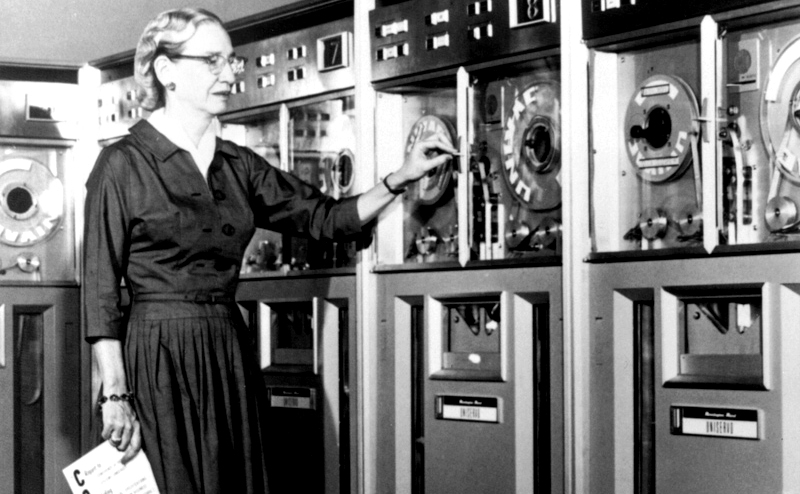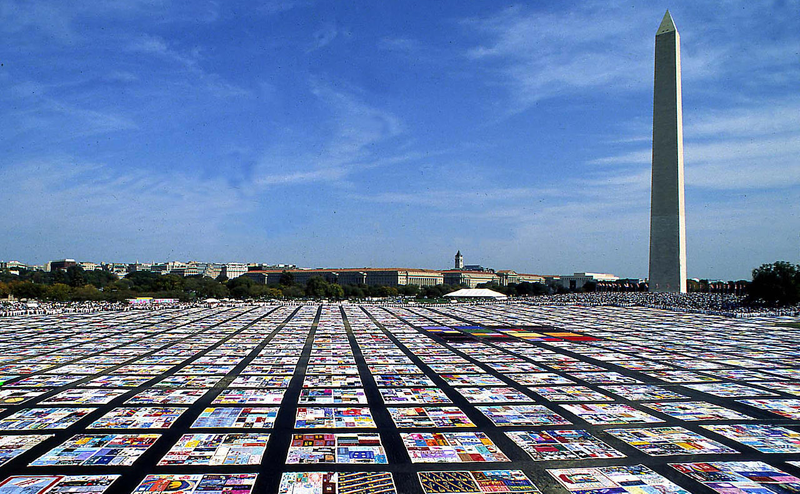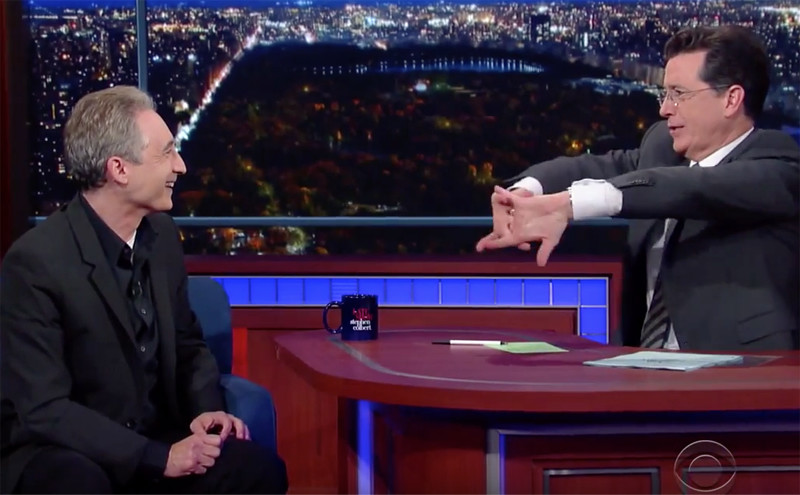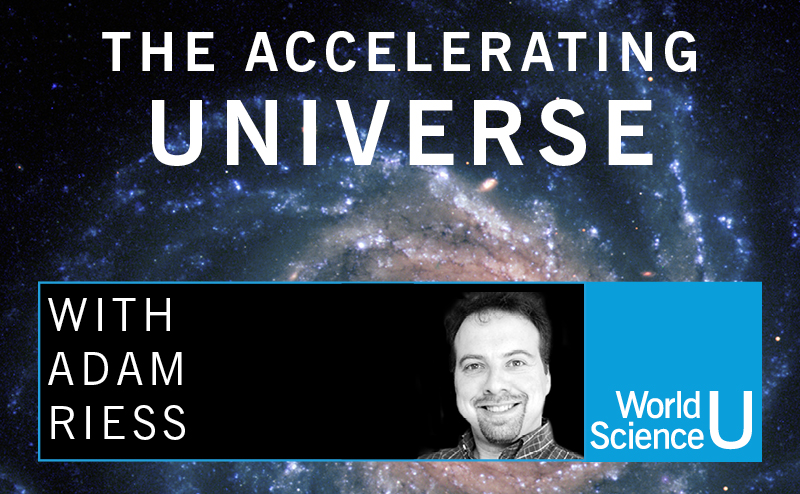Articles
If you’re familiar with any of the women who helped shape the computer age, the name of Ada Lovelace might ring a bell, but you should definitely also familiarize yourself with the name Grace Hopper. A colorful Navy veteran (the 11th woman to earn a doctorate in math from Yale University), Hopper reported for duty at Harvard University in 1944, expecting to be working on cryptography projects. But she ended up working with computer pioneer Howard Aiken on the “Mark I,” a 51-foot long, 8-foot tall electro-mechanical computer built to tackle advanced mathematics problems. A successor to the punched-card reader, the Mark I computed math problems by reading instructions from a punched paper tape and had 1,440 switches for manually entering data.
Read More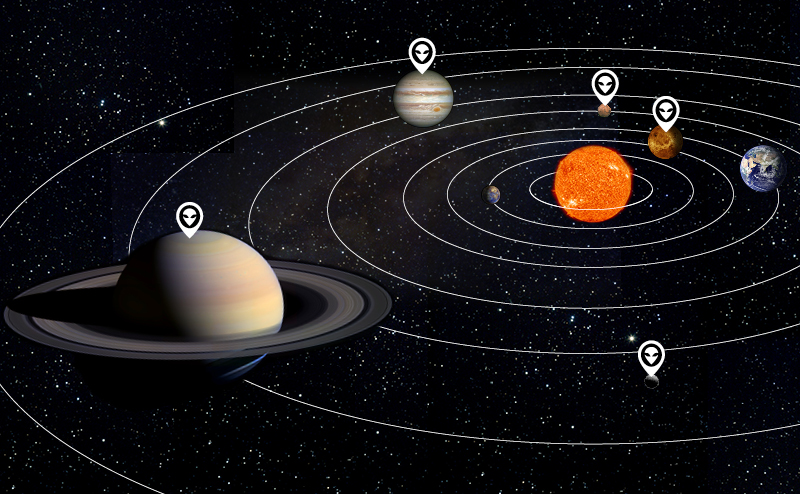
When NASA scientists announced earlier this year that they had found evidence of liquid water on Mars, imaginations ran wild with the possibility that life could exist somewhere other than here on Earth. Scientists continue to explore the possibility that Mars once looked a lot like Earth — salty oceans, fresh water lakes, and a water cycle to go with it. That’s exciting stuff. So where else are they looking? What exactly are they looking for? There are nine places in our universe where scientists say life is a possibility. The locations range from a smoking hot planet like Venus to a moon that orbits Saturn called Enceladus, which looks a lot like a massive, tightly-packed ball of ice. All of these places show signs that water is, or at least was, a possibility. They also appear to feature some kind of energy that could produce heat.
Read MoreIn the more than three decades since researchers started seeing the first signs of AIDS, millions have lost their lives hoping modern medicine might produce a cure in time. While a cure still eludes the brightest minds, treatment for people who have AIDS (acquired immune deficiency syndrome) has come a long way. For instance, someone who suspects they are at risk today can take a daily pill, Truvala, also known as PrEP, that proactively minimizes the likelihood he will contract HIV, the virus that causes AIDS. Projects to reduce the spread of AIDS in the United States and Africa have made excellent headway thanks to a collaboration between international organizations led by the U.S. government, the United Nations, the World Health Organization, and partners around the world.
Read MorePhysicist Brian Greene joined Stephen Colbert on “The Late Show” to walk Stephen through the finer points of one of science’s most influential theories with a water bottle and several fists full of marbles. Greene arrived by ‘science mobile’ to offer a brief lesson on the questions Einstein was attempting to answer when he conceived of special relativity and, ten years later, general relativity. The general theory of relativity turns 100 years old this month. But to fully understand Einstein’s ideas, you need to see them in action.
Read MoreIn 1998, Adam Riess and his colleagues discovered dark energy. It was Nobel Prize-winning work that shocked the physics world. In order to understand what dark energy is, why it’s important, and why World Science U’s Master Class hosted by Adam Riess is the logical next step, we have to take a brief look at the work Einstein was doing nearly a century earlier. Back in 1917, Einstein introduced what he called the cosmological constant. He needed a way to account for a repulsive force (a push) that would cancel out the force of gravity (a pull). Those two opposing forces, working against each other, would explain the static universe Einstein thought we lived in. History tells us he thought wrong. (Einstein owned up to it later in life, calling it his ‘greatest blunder.’)
Read MoreToday’s turkey-lover has two choices: there is the turkey most Americans purchase in supermarkets—an artificial product of careful breeding and industrial farming methods. And then there’s the wild turkey, which hasn’t evolved all that much since the first Thanksgiving. They’re related, but as many Thanksgiving dinners have a way of reminding families across the country each year, each one is unique and whichever you prefer, it’s always smart to respect the differences.
Read More






